In the bustling world of culinary innovation, few kitchen appliances have stirred up as much excitement—and debate—as the Instant Pot. As home cooks continually seek the perfect balance between safety and convenience, the discussion often circles back to a timeless tool: the traditional pressure cooker. Both kitchen champions promise to transform meals into rapid and delicious experiences, yet thay employ very different methods and philosophies. In this exploration, we’ll delve into the intricacies of safety features, cooking efficiency, and user experience, comparing the versatile, multi-functional charm of the Instant Pot with the time-honored reliability of the traditional pressure cooker. Whether you’re a seasoned chef or a culinary novice,understanding the strengths and weaknesses of each can help you make an informed choice for your kitchen adventures.Join us as we unravel the complexities of these two cooking marvels and find out which one truly reigns supreme in the quest for tasty, hassle-free meals.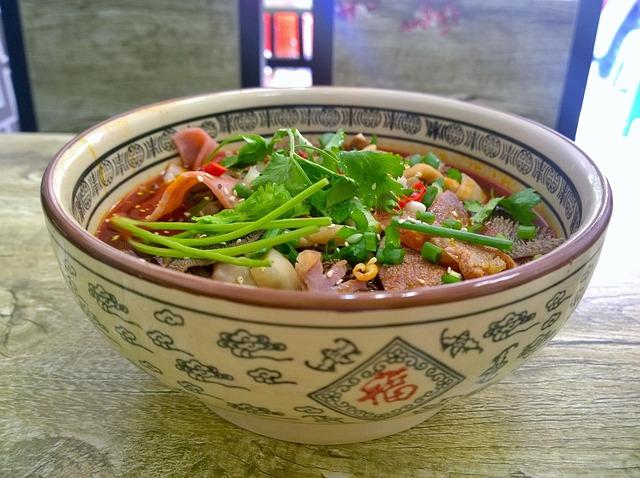
Safety Features of Instant Pots Compared to Traditional Pressure Cookers
When it comes to kitchen appliances, safety is paramount, and both Instant Pots and traditional pressure cookers have evolved to meet these demands. Instant Pots are designed with multiple safety mechanisms that provide a foolproof cooking experience. These features include:
- Automatic Pressure Control: Instant Pots automatically control the pressure level during cooking, reducing the risk of over-pressurization.
- Safety Lock System: The lid locks securely in place, preventing accidental opening while the pot is under pressure.
- Temperature and Pressure Sensors: These sensors monitor internal conditions, ensuring that the appliance operates within safe limits.
- Steam Release Handle: Designed for safe and easy steam release, it minimizes the risk of burns from escaping steam.
In contrast, traditional pressure cookers require more attention and user intervention, making them perhaps riskier for those unfamiliar with their operation. Key safety gaps found in traditional models include:
| Feature | Traditional pressure Cookers | Instant Pots |
|---|---|---|
| Automatic Pressure Control | No | Yes |
| Safety Lock | Manual | Automatic |
| Steam Release System | Manual, risk of burns | Safe, one-hand operation |
The differences in safety features make Instant pots a user-pleasant option for both novice and seasoned cooks, offering peace of mind in the kitchen while maximizing convenience. By reducing the potential for accidents, the innovative design of the Instant pot allows users to navigate culinary creations with greater confidence.

Convenience in Cooking: How Instant Pots Streamline Meal Preparation
Instant Pots have revolutionized the way we approach meal preparation, turning a once-tedious process into a quick and effortless experience. With multiple cooking functions including pressure cooking, slow cooking, sautéing, and steaming, these versatile appliances allow for various meal options at the push of a button. Here are some ways Instant Pots bring convenience to the kitchen:
- Time Efficiency: Cook meals that traditionally take hours in under an hour.
- One-Pot Wonder: Reduce cleanup time with all-in-one cooking capabilities.
- Smart Technology: pre-programmed settings for different dishes eliminate guesswork.
- Consistent Results: Precision temperature control ensures perfectly cooked meals every time.
The safety features of Instant Pots further enhance their convenience, making them user-friendly for cooks of all levels. The built-in mechanisms prevent overheating and over-pressurizing, providing peace of mind while you focus on other aspects of meal preparation. Here’s a quick comparison of Instant Pot safety features versus traditional pressure cookers:
| feature | Instant Pot | Traditional Pressure Cooker |
|---|---|---|
| Automatic Pressure Control | ✔️ | ❌ |
| multiple Safety Valves | ✔️ | ❌ |
| Locking Lid Mechanism | ✔️ | ✔️ |
| Cool-Touch Exterior | ✔️ | ❌ |

Understanding Pressure Release Mechanisms for Enhanced Safety
In the realm of pressure cooking, understanding the various pressure release mechanisms is key to maximizing safety while enhancing convenience.Traditional pressure cookers typically employ a manual pressure release system, where the user is responsible for venting steam either naturally or through a quick-release method.this can often lead to a startling surge of hot steam, which poses a risk if not handled carefully.In contrast, modern devices like the Instant Pot streamline this process by incorporating automatic pressure release options, enabling the user to focus on meal preparation without the constant monitoring required by older models. The safety features built into these appliances minimize the potential for accidents, making them a popular choice among both novice and experienced cooks.
To further illustrate the differences, consider the following characteristics of each type:
| Feature | Traditional Pressure Cooker | Instant pot |
|---|---|---|
| Pressure Release | Manual | Automatic and Manual |
| safety Mechanisms | Basic | Multiple layers including lid lock and auto shut-off |
| Ease of Use | Requires active monitoring | Set and forget |
the advancement in pressure release technology significantly enhances user experience, allowing for more flexibility in cooking methods without compromising on safety. With features like automatic release valves and built-in safety alarms, the Instant Pot caters to a diverse audience, from busy families to culinary enthusiasts eager to experiment with new recipes.By rethinking traditional models, these innovations not only alleviate the stress associated with pressure cooking but also inspire confidence among those who might otherwise shy away from such techniques.

Making an Informed Choice: Which cooker Best Fits Your Lifestyle?
When considering your cooking preferences and daily routines, it’s essential to weigh the convenience and safety features each type of cooker offers. The Instant Pot has gained immense popularity for its multifunctionality, allowing you to pressure cook, slow cook, sauté, steam, and even make yogurt—all in one device. It’s designed with numerous built-in safety mechanisms,such as automatic pressure control and multiple safety locks,making it a user-friendly option for busy individuals or families. On the other hand, traditional pressure cookers, while effective and reliable, may require a more hands-on approach. They frequently enough come with basic safety features such as a locking lid and a steam release valve, but lack the advanced technology that modern electric cookers possess.
To help clarify your options, consider the following key differences:
- Ease of Use: Instant Pot – Simple buttons, clear settings; Traditional Pressure Cooker – Requires monitoring and manual adjustments.
- Cooking Time: Instant Pot – Quick cooking due to efficient pressure regulation; Traditional Pressure Cooker – Typically takes longer to build pressure.
- Portability: Instant pot – Easy to store and transport; Traditional Pressure Cooker – Generally heavier and may require more storage space.
| Feature | Instant Pot | Traditional Pressure Cooker |
|---|---|---|
| Safety Mechanisms | Advanced electronic safety | Basic mechanical safety |
| Versatility | Multi-function capabilities | Single-purpose cooking |
| Learning Curve | User-friendly interface | Requires experience |
Insights and Conclusions
In the evolving landscape of home cooking, the choice between an Instant Pot and a traditional pressure cooker is more than a culinary preference—it’s a reflection of how we navigate safety and convenience in our busy lives.Both tools bring unique advantages to the table, each with its own set of features, benefits, and considerations. the Instant Pot dazzles with its multi-functionality and innovative technology, promising a more hands-off approach to meal preparation. In contrast, the traditional pressure cooker continues to hold its ground with a time-tested simplicity that many find reassuring.
As you ponder which option aligns best with your cooking style, take a moment to consider your priorities. Are you drawn to the ease of programmable settings, or do you value the nostalgia of a classic kitchen staple? Whether you opt for a modern marvel or a classic companion, the ultimate goal remains the same: to create delicious meals while ensuring safety and efficiency in your kitchen.In this culinary debate, there is no right or wrong choice—just the right choice for you. Explore, experiment, and enjoy the journey of cooking that lies ahead, equipped with the knowledge and insights to make an informed decision. Happy cooking!


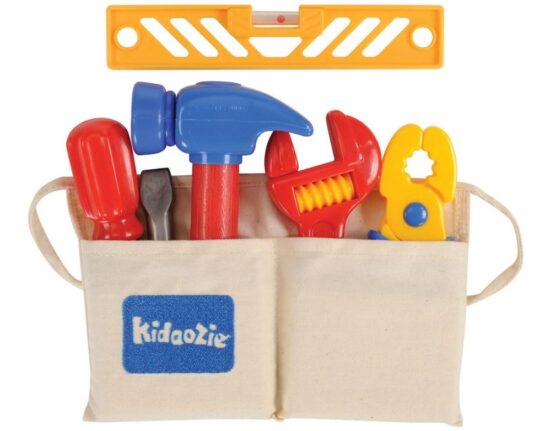



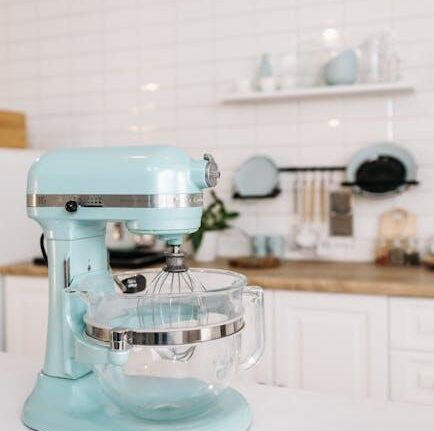

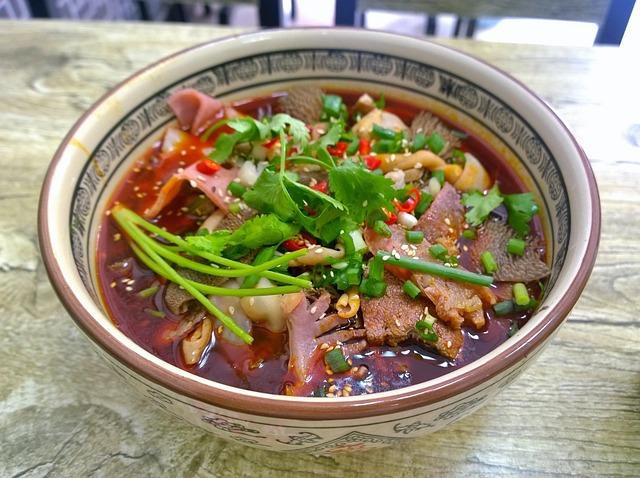



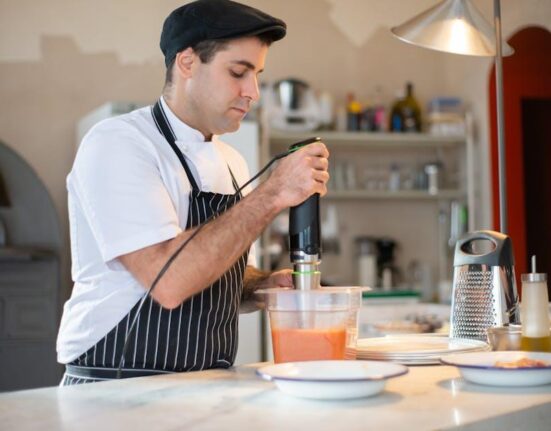


Leave feedback about this